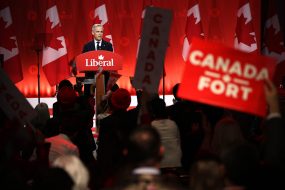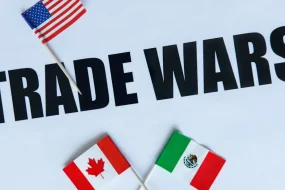
Discover everything you need to know about the 2024 UK General Election, including key dates, how to find your local candidates and voting information.
What is a General Election?
A general election is when people all over the UK get the chance to vote for their Member of Parliament (MP). This MP will represent their local area, known as a constituency, in the House of Commons for up to five years. Each constituency has several candidates, often representing different national political parties. The candidate with the most votes becomes the MP for that area.

When is the Next General Election?
The Prime Minister has announced that the next general election will take place on 4 July 2024.
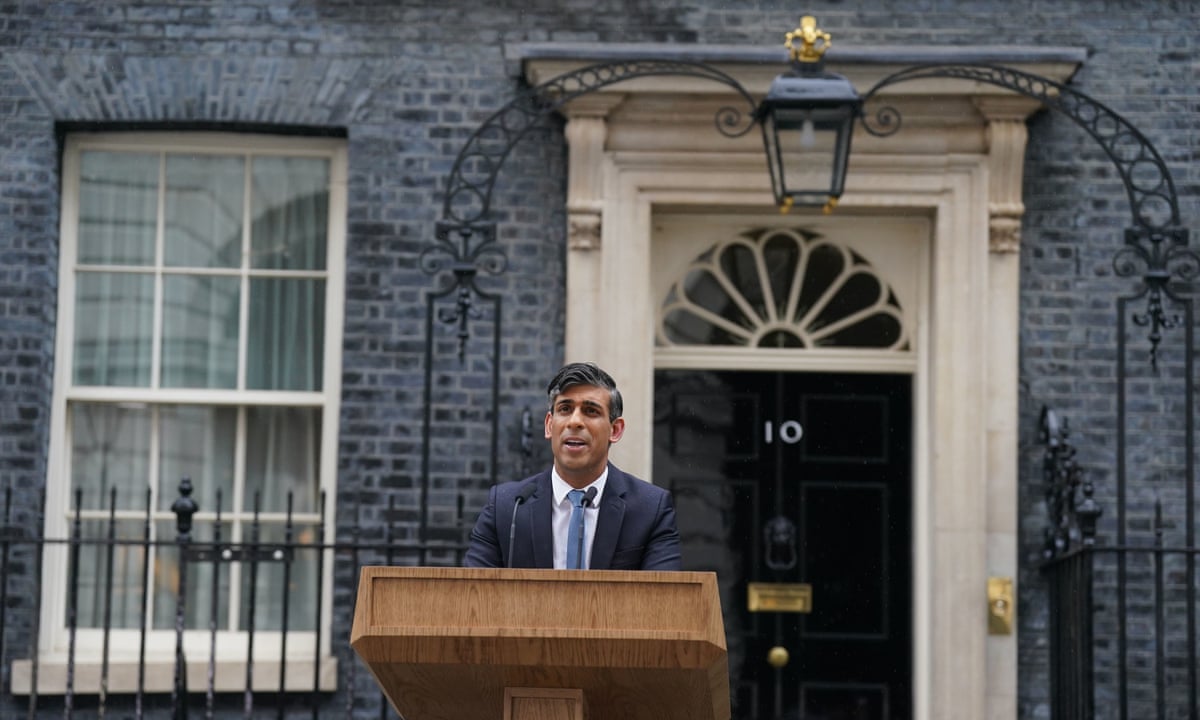
Who Decides When to Call a General Election?
The government of the day decides when to call a general election. The Dissolution and Calling of Parliament Act 2022 restored the monarch’s power to dissolve Parliament upon the Prime Minister’s request.
What is the Latest Date for the Next General Election?
The maximum term for a Parliament is five years from the day it first met. The current Parliament began on 17 December 2019. Therefore, it would automatically dissolve on 17 December 2024 if not dissolved sooner.
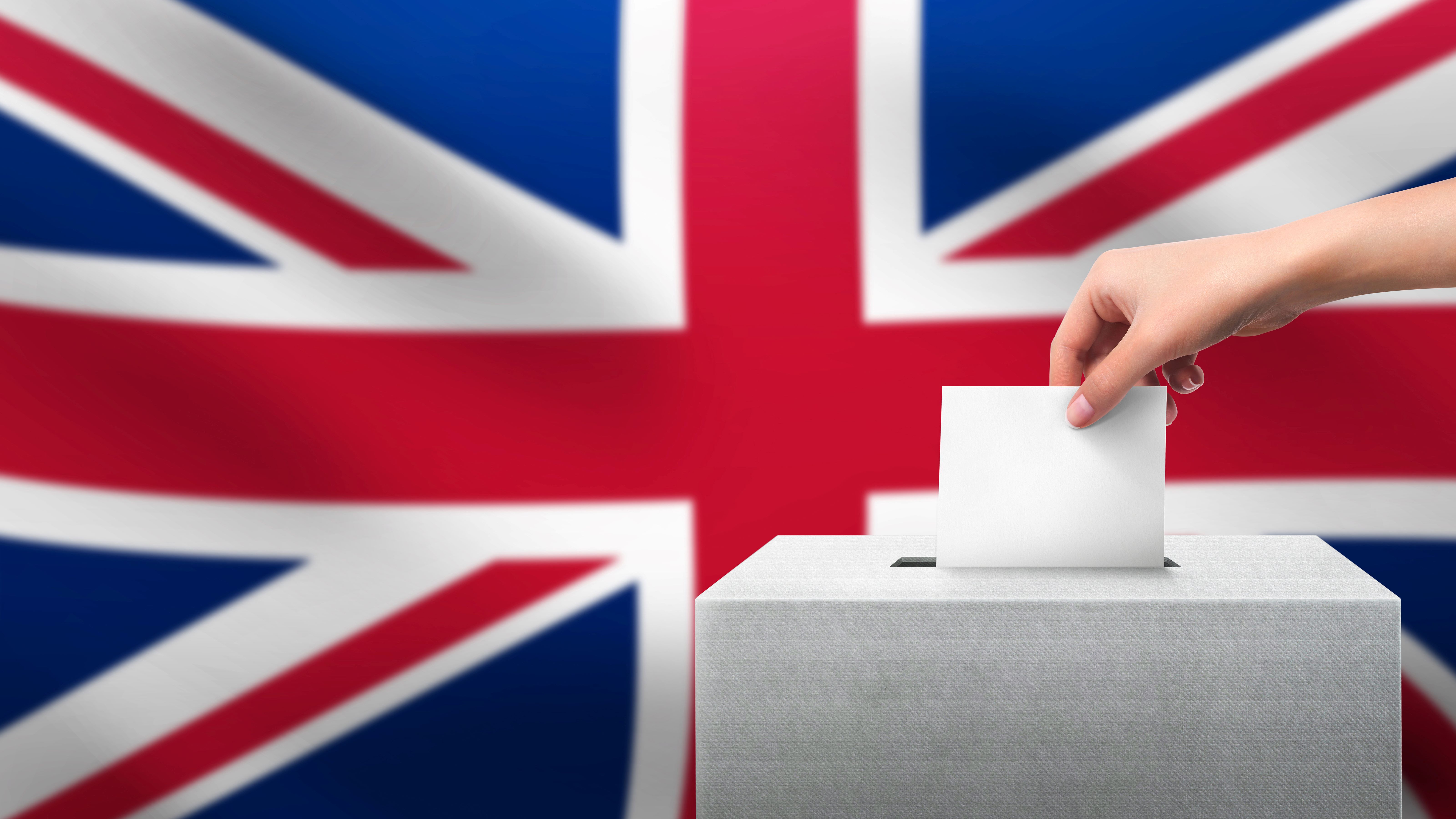
When Was the Last General Election?
The last general election was held on 12 December 2019.
Do General Elections Have to Be Held on Thursdays?
No, there is no law that says elections must be on Thursdays. However, it has become a tradition since 1935. The now-repealed Fixed-term Parliaments Act 2011 suggested elections should be on the first Thursday in May, but this is no longer a requirement.
What Was the Fixed-term Parliaments Act?
Passed in 2011 and repealed on 24 March 2022, this Act established fixed five-year intervals between general elections. Early elections were only possible in specific situations. Elections in 2015 followed this schedule, but early elections were called in 2017 and 2019.
Who Are the Candidates in My Constituency?
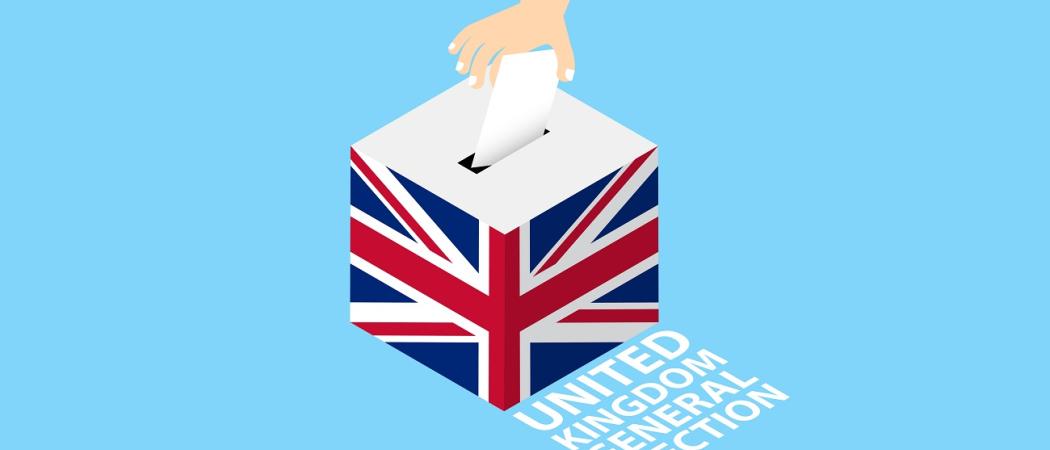
After the nomination deadline, which is Friday 7 June 2024 for the upcoming election, you can find the list of candidates on your local authority’s website and local noticeboards. You can also check the Electoral Commission’s website or the independent site “Who Can I Vote For?” to find detailed information about the candidates.
Can I Vote for a New Prime Minister?
No, you can only vote for your local MP in a general election. If your local MP is the current Prime Minister or a party leader, your vote is for them as your MP, not directly for the Prime Minister.
Who Chooses the Prime Minister?
The Prime Minister is appointed by the monarch, based on who can command a majority in the House of Commons. Usually, the leader of the party that wins the most seats in the election becomes the Prime Minister.
Who Forms the Government?
The Prime Minister appoints ministers to run various government departments, with the most senior ministers attending Cabinet meetings.
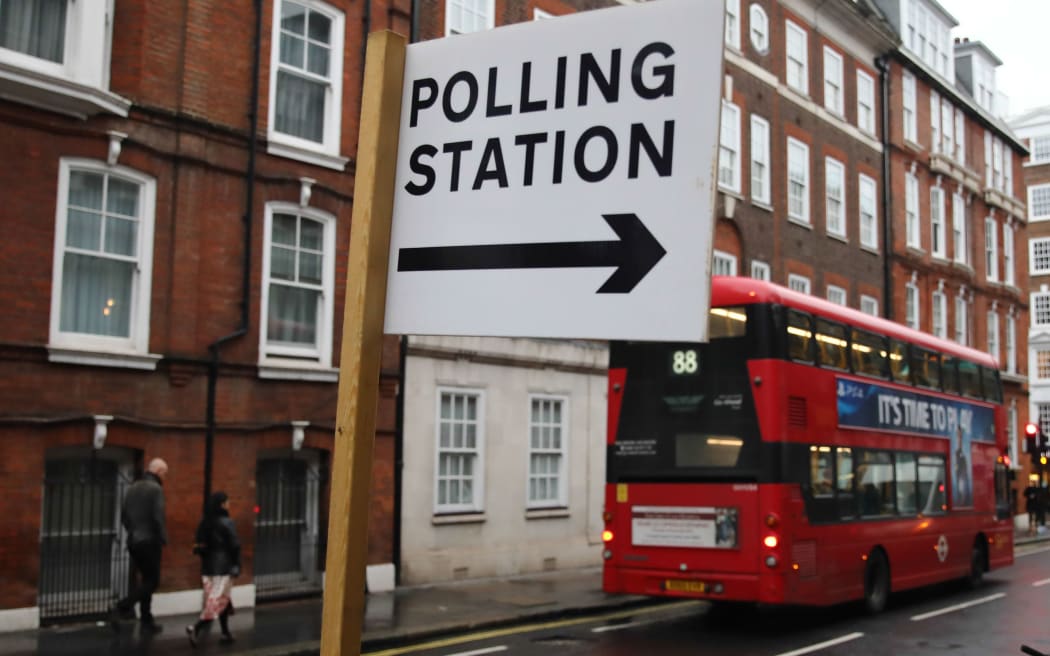
What is a Hung Parliament?
A hung Parliament occurs when no single party wins a majority of seats. In this case, the largest party may try to form a minority government or a coalition with other parties.
Where Can I Find the Results of the General Election?
Election results are reported by local and national media, often with live coverage. Local authorities also publish results for constituencies in their area, and the Electoral Commission provides national and constituency-specific results.











